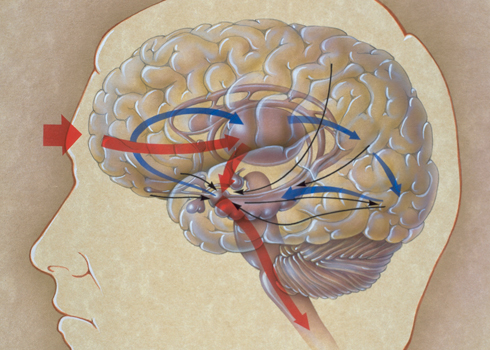A University College London research study suggests that liberal and conservative political views might be connected to differences in the structure of the brain. According to an article by Cognitive neuroscientist Ryota Kanai and colleagues, published in Current Biology, political conservatives may have a larger right amygdala, and liberals a larger anterior cingulate cortex. This increased brain activity, says Kanai and crew, may show liberals as more apt at juggling conflicting information and more open to new experiences, and conservatives better able to identify and assess risk but more anxious of the uncertain.
Kanai and his colleagues at UCL gathered 90 volunteers and used Magnetic Resonance Imaging (MRI) to analyze their brain structures as they answered questions geared towards political beliefs, says a UCL report. Their answer choices ranged on a five point scale from “very conservative” to “very liberal.” According to the study, the volunteers with more conservative beliefs showed increased gray matter in the amygdala, an area of the brain charged with feeling and perceiving emotion. Those with more liberal leanings saw increased gray matter in the anterior cingulated cortex, a region associated with rational cognitive functions like decision-making.
Although, the results suggest that personality traits and political attitudes are linked to brain structure, it’s still unclear whether the structural differences are the cause of later beliefs or, inversely, that the brain’s structure changes as beliefs and traits develop.






